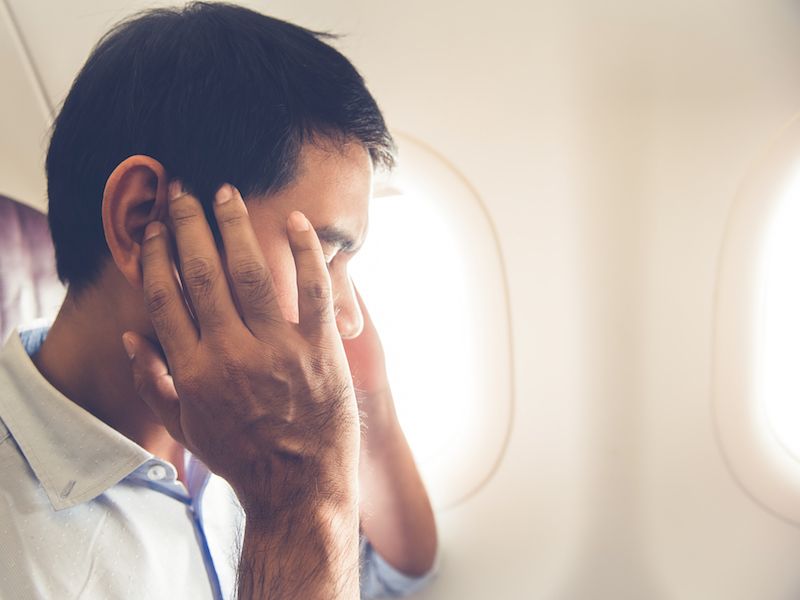With tinnitus, it’s normal to have good and bad days but why? Tinnitus is the medical name for ringing in the ears, a condition that more than 45 million Americans experience, according to the American Tinnitus Association, and 90 percent of them also suffer from some degree of hearing loss.
But that doesn’t make clear why the ringing is invasive some days and virtually non-existent on others. It’s not entirely clear why this happens, but some typical triggers might clarify it.
What Is Tinnitus?
The following phantom noises are heard by people who suffer from tinnitus:
- Ringing
- Clicking
- Buzzing
- Roaring
- Hissing
You hear it, the guy beside you can’t, which is one thing that makes tinnitus so disturbing. The noise can vary in pitch and volume, too. It may be gone one day and the next it’s a roar.
Exactly What is The Cause of Tinnitus?
Changes in a person’s hearing are the most common cause. These changes could be due to:
- Noise trauma
- Ear bone changes
- Aging
- Earwax build up
A few other possible causes include:
- Atherosclerosis
- Head trauma
- Tumor in the head or neck
- Acoustic neuroma
- Meniere’s disease
- TMJ issues
- High blood pressure
- An issue with the carotid artery or jugular vein
Sometimes there is no apparent explanation for tinnitus.
If your tinnitus has just started, consult your doctor and determine what is going on with your ears. The issue could be a symptom of a life threatening condition like heart disease or it could be something treatable. It may also be a side effect of a new medication.
For some reason the ringing gets worse on some days.
The explanation for why tinnitus is more severe on some days is a bit of a medical mystery. The reason might be different for each person, too. There are common triggers that could explain it, though.
Loud Events
Loud events like concerts, club music, and fireworks are enough to irritate your tinnitus. If you expect to be subjected to loud noise, your best option is to wear ear protection. You can enjoy the music at a concert, for instance, without injuring your ears by putting in earplugs.
You can also keep away from the source of the sound. For example, don’t stand next to the speakers when attending a concert or up front at a fireworks display. Combined with hearing protection, this will reduce the impact.
Loud Noises at Home
Things at home can be equally as aggravating as a loud concert. For instance, mowing the lawn is enough to induce tinnitus. Here are various other sounds from around the house that can cause damage:
- Wearing headphones – The purpose of headphones is to raise the volume of your audio which could be aggravating your tinnitus so it could be time to lose those earbuds.
- Woodworking – Power tools are loud enough to be a problem.
- Laundry – For example, if you fold clothes while the washer is running.
If you can’t stay away from loud noises at least use hearing protection.
Workplace Noise
Loud noises at work are just as harmful as any other. If you work near machinery or in construction it’s especially important to use ear protection. Your employer will most likely provide ear protection if you let them know your worries. Spend your personal time giving your ears a rest.
Air Pressure Changes
When most people go on a plane they experience ear popping. The shift in air pressure and the noise from the plane engines can result in an increase in tinnitus. Consider hearing protection if you are traveling and bring some gum to equalize the air pressure.
You can experience changes in pressure without leaving your home, as well. Taking the right medication to alleviate sinus pressure is also helpful.
Medication
Speaking of medication, that could also be the issue. Certain medications impact the ears and are known as ototoxic. Included on this list are these common medications:
- Over-the-counter pain relievers
- Diuretics
- Antibiotics
Have a talk with your doctor if you experience an intensifying of tinnitus after you begin taking a new prescription. Switching to something else could be a possibility.
Tinnitus is an annoyance for some people, but for others, it can be debilitating. To be able to figure out how to control it from day to day, step one is to figure out what’s causing it.

